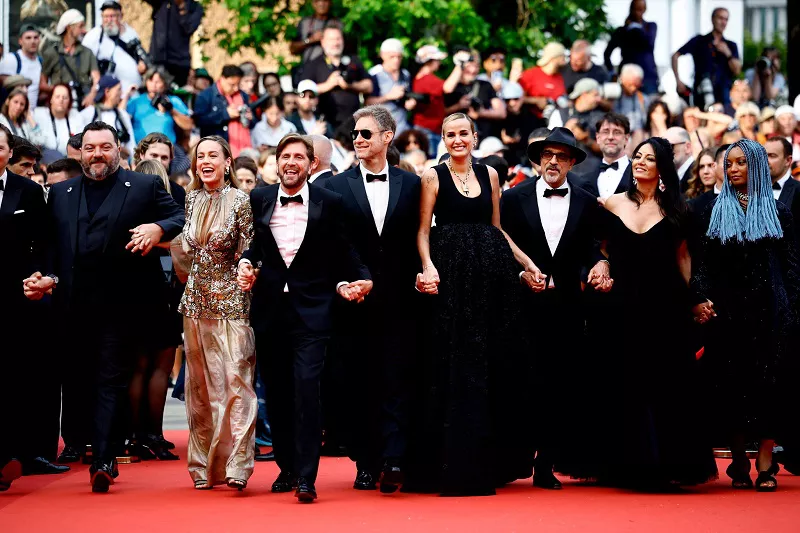The Cannes Film Festival, renowned as one of the world’s most prestigious and influential film events, showcases the finest works of cinema from across the globe. Held annually in the picturesque city of Cannes, situated on the glamorous French Riviera, the festival serves as a platform for filmmakers, actors, industry professionals, and film enthusiasts to celebrate and honor the art of filmmaking. With its rich history and esteemed reputation, the Cannes Film Festival stands as an essential milestone in the international film calendar.
History and Origins
The festival was first held in 1946, making it one of the oldest film festivals in the world. The inaugural festival was held in the aftermath of World War II, with the aim of celebrating the art of cinema as a means of promoting cross-cultural understanding and peace.
Over the years, the festival has become an important platform for showcasing films from all over the world, including a mix of mainstream and independent productions. It has played a key role in launching the careers of many famous filmmakers, actors, and actresses, such as Quentin Tarantino, Steven Soderbergh, and Angelina Jolie.
Selection Process
Each year, hundreds of films are submitted to the Cannes Film Festival for consideration. The selection process is rigorous, with only a limited number of films chosen to compete in the various categories of the festival. The films selected must demonstrate exceptional artistic merit, originality, and innovation.
Once the final selection has been made, the films are screened during the festival, where they are judged by a panel of esteemed film professionals, including directors, producers, and actors. The awards presented at Cannes include the coveted Palme d’Or, which is awarded to the best film of the festival.
Events and Activities
In addition to the screenings of the films themselves, the Cannes Film Festival offers a wide variety of events and activities for attendees. These include press conferences, roundtable discussions, and master classes with some of the biggest names in the film industry. There are also parties and receptions, providing opportunities for networking and socializing with other film professionals.
One of the most famous events associated with the Cannes Film Festival is the red carpet, where celebrities and filmmakers walk the carpet in their finest attire, posing for photographs and giving interviews. The red carpet has become a symbol of the glamour and excitement associated with the festival, attracting huge crowds of fans and journalists alike.
Impact and Legacy
The Cannes Film Festival has had a significant impact on the film industry, both in France and around the world. It has helped to promote French cinema and has provided a platform for filmmakers from all over the globe to showcase their work and gain recognition.
The festival has also played an important role in advancing the art of filmmaking, by encouraging experimentation and innovation in film production. Many groundbreaking films have premiered at Cannes, including Lars von Trier’s “Dancer in the Dark” and Michael Haneke’s “Amour.”
Conclusion
The Cannes Film Festival remains one of the most important events in the film industry today. It offers a unique opportunity for filmmakers and cinephiles to come together and celebrate the art of cinema, while promoting cross-cultural understanding and peace. With its legacy of showcasing some of the most innovative and groundbreaking films of our time, the Cannes Film Festival will continue to inspire and influence generations of filmmakers to come.

